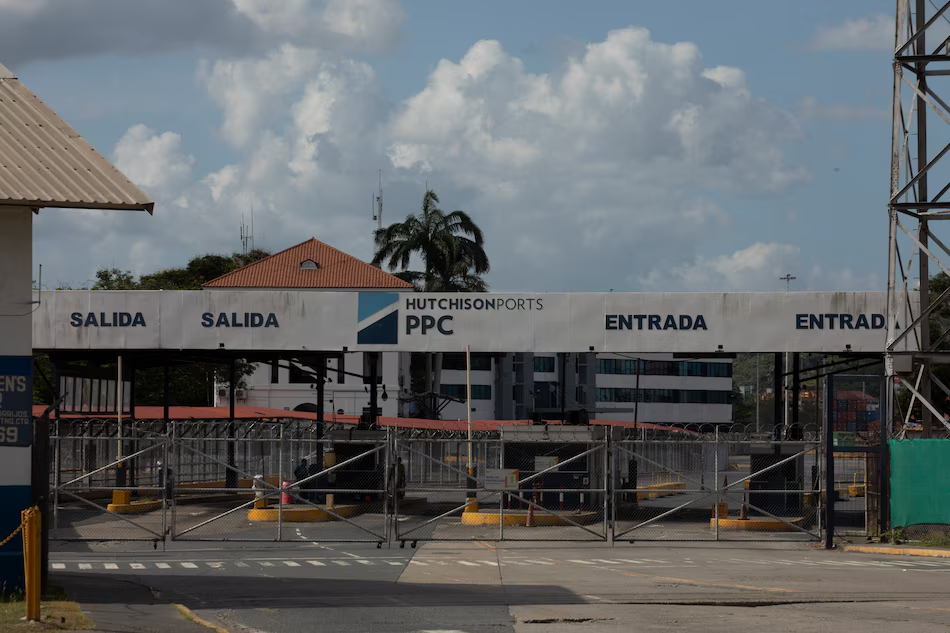Transparency has “regressed alarmingly” under current administration – TI

The Foundation for the Development of Citizen Liberty The Panamanian Chapter of Transparency International – spoke on the controversial mining issue, to call attention to the National Government, in relation to the lack of transparency in the negotiation process with Minera Panama, as well as in the use and management of public funds in general.
“The case of Minera Panamá represents a clear example of a lack of transparency on the part of various administrations, including the current one.”
They add that from the announcement made by the Executive in January 2022 on the agreement reached with the company that guaranteed a minimum payment of 375 million dollars per year, increasing the percentage in royalties, ” little or nothing has been known until of yesterday ”, when the measures to suspend the commercial activities of Minera Panama were announced .
The lack of specific data prevents citizens from analyzing whether the Government is defending the best interests of the population, or if there are conflicts of interest or undue influence in the negotiation, says a press release released today.
The remuneration that the Government accepted, as well as the concession of a monopoly for another 25 years, prevents Panama from taking full advantage of the existence of the Canal and its geographical position with the development of the port sector, as countries and maritime centers have done- world-leading port-logistics” , reads the note.
The foundation states that the legal obligation of transparency and access to public information has regressed alarmingly in this administration, being replaced by unprecedented silence, illegal refusals, and impunity.
Democracy, which these days is threatened in many parts of the world, requires the active and permanent defense of citizens, demanding accountability from institutions, officials and politicians. Transparency is the only tool that can restore confidence in government management and strengthen democratic institutions, they conclude.





